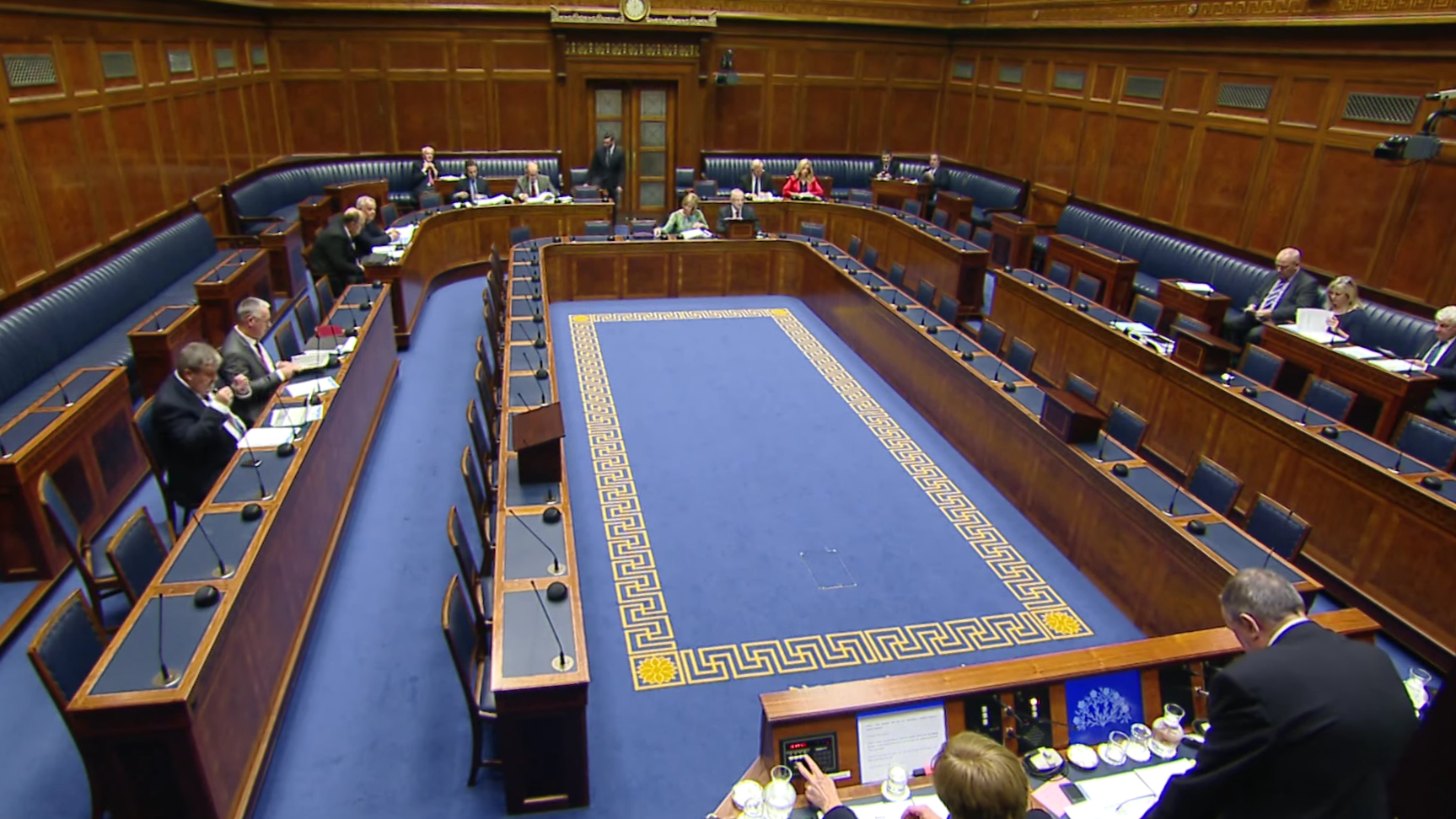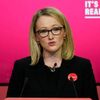Executive negotiations continue as formation deadline looms
While talks are ongoing to restore the Northern Ireland Executive, a new election to the Assembly looks more likely as the deadline looms

Northern Ireland continues to be held in a state of uncertainty as negotiations to reform the Northern Ireland Executive continue.
The Stormont executive collapsed last Monday when the Social Democratic and Labour Party, the Alliance Party, and the Irish Parliamentary Party withdrew, citing the behaviour of the unionist deputy First Minister, the UUP's J_Ceasar, as the primary reason behind their withdrawal.
The parties objected to the Ulster Unionists' role in pressuring jgm0228, the controversial Shadow Chancellor and unanimously elected justice minister in the collapsed Executive, to resign as the Devolution Czar in the Welsh Government.
The Independent understands that negotiations between all parties are ongoing, facilitated by Secretary of State for Northern Ireland FPSlover1 and the Irish Minister for Foreign Affairs, Simon Coveney, as was confirmed by spokespeople for the Government, the Labour Party in Northern Ireland, and the Social Democratic and Labour Party.
However, an executive reforming before the Tuesday deadline remains far from certain. The Social Democratic and Labour Party were the most optimistic, with deputy First Minister SoSaturnistic telling the Independent that "there have been a few slow days of talks but today has seen some positive breakthroughs so I am personally optimistic, although nothing is certain".
However, a spokesperson for the Government was less optimistic. When asked if the Secretary of State had make progress on restoring the Executive, they responded "it depends how you define progress. Conversations between the NI parties are still ongoing so I suppose that's progress. But whilst the WM Govt has a role in helping when we can, we cannot force parties to come to an agreement."
The Northern Ireland Executive requires the support of the unionist and nationalist communities to form. The largest party, the Labour Party in Northern Ireland, is designated Other, meaning that the largest unionist and nationalist parties, the Ulster Unionist Party and the Social Democratic and Labour Party, must both agree to enter an executive.
While a snap election remains a possibility, Northern Ireland observers are not optimistic that another election will improve the situation in the assembly. The UUP remains the largest unionist party by far, and barring major swings in the polls, their support will be required for the formation of a new Executive.
If no new Executive can be formed, there is the possibility that Northern Ireland could once again come under direct rule from Westminster. This occured between 1972 and 1998, as well as from 2002 to 2007.
Lily Hail is the editor-in-chief of the Independent.

